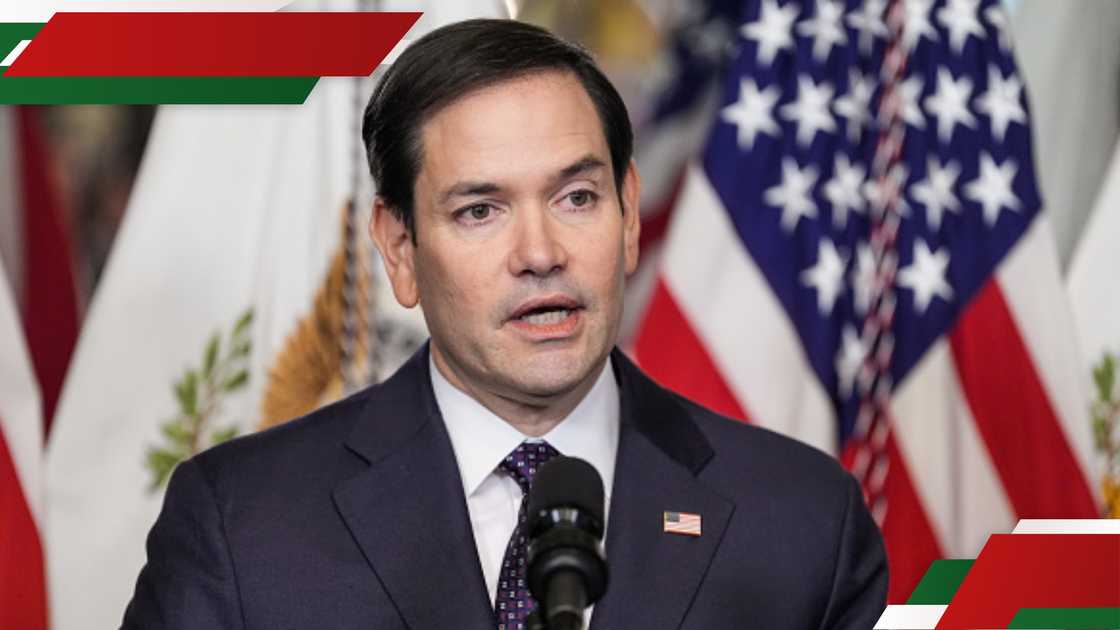- U.S. Secretary of State Marco Rubio announced a waiver allowing lifesaving humanitarian aid to continue despite President Donald Trump's executive order suspending foreign assistance
- The waiver allows for vital assistance such as food, medical care, and housing, but excludes programs related to abortion, family planning, diversity, equity, and inclusion initiatives, and transgender surgeries.
- Humanitarian organizations faced uncertainty regarding funding after a $60 billion aid freeze, resulting in many of them suspending their operations until the waiver was granted.
- While aid groups can resume their work, Rubio stated that no new contracts would be approved without further exemptions, leaving the future of US foreign aid in limbo
The US government has issued a waiver permitting the resumption of life-saving humanitarian aid, with previous aid having been suspended by an executive order.

US Secretary of State Marco Rubio issued a memo specifically detailing exemptions, easing international aid organizations' concerns about their uncertain funding.
Senator Marco Rubio wrote in a memo that the US can afford to cut foreign aid, as the country's federal budget is approximately $4.4 trillion dollars and less than 1% is spent on international assistance.
In his directive, Rubio clarified that the waiver would allow for the provision of crucial humanitarian aid, encompassing essential medication, health services, food, accommodation, and subsistence assistance, as well as necessary supplies and reasonable administrative costs to facilitate the delivery of such aid.
However, he pointed out that certain programs are excluded from the waiver.
"This waiver does not apply to actions involving abortions, family planning, conferences, administrative costs beyond 1(a), gender or diversity, inclusion, and equity ideology programs, transgender surgeries, or other non-life preserving assistance," Rubio stated in the memo.
He further stated that Migration and Refugee Assistance (MRA) funds will be strictly confined to humanitarian aid and repatriation efforts, thereby preventing such funds from being utilised for more general migration policy purposes.
"MRA may only be used to support activities under article 1(a) and for the repatriation of third-country nationals to their country of origin or a safe third country," he added.
Some of the key issues they face include aid cuts and contractual disputes. Specifically, "flights at the southern border, requiring shelters and blankets for migrants, were cancelled by the federal government as a result of policy debate regarding asylum policy." US aid funding was reduced to zero for El Salvador, Guatemala, and Honduras. Additionally, alternative contract clause policies posed significant challenges for relief organizations in bidding for federal contracts.
The announcement follows several weeks of confusion resulting from Trump's executive order, which calls for a freeze on approximately $60 billion in foreign aid while a review of US assistance programs is conducted.
Several humanitarian organizations had previously suspended their operations due to concerns about a complete funding suspension. The partial reinstatement of funding permits some aid organizations to restart their activities.
"Implementers of ongoing life-saving humanitarian assistance programs should continue their work, provided they follow the guidelines outlined below," Rubio clarified.
However, they remain cautious about the provisional nature of the exemption, as Rubio noted that "no new agreements shall be made" without additional authorization.
The temporary exception raises many uncertainties about America's future international aid allocations. Rubio's memo implies that further exceptions could be approved on an individual basis, but aid organizations need to overcome administrative obstacles to gain approval.
"This temporary resumption will not lock in long-term commitments. New contracts with Iran will not be negotiated unless approval is separately granted or required for implementation," the US Secretary of State stated.
